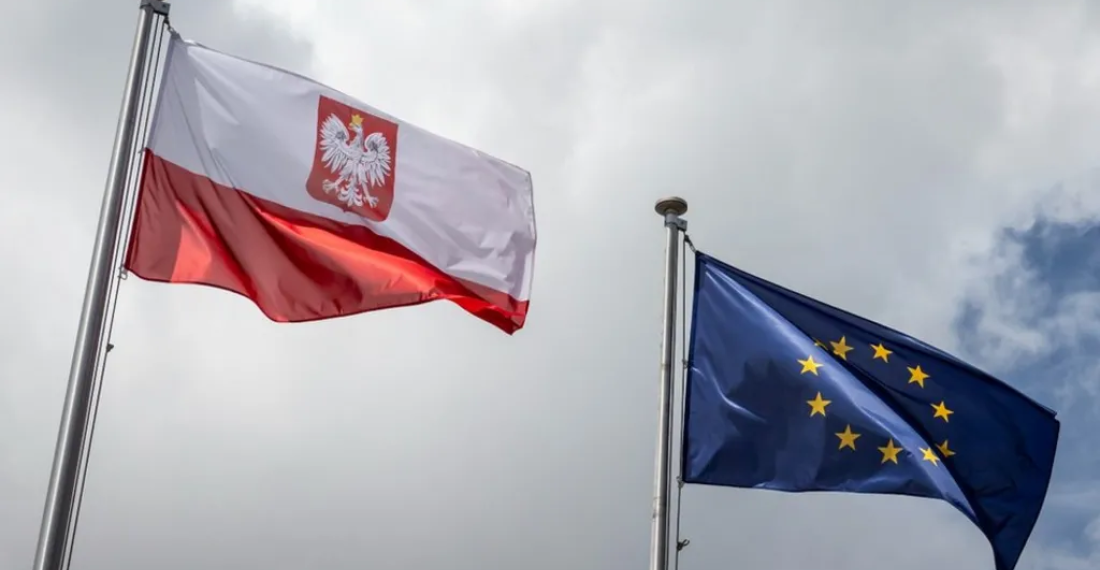Poland on Wednesday(1 January) took over the Presidency of The European Union for a period of six months ending a stormy six-month Hungarian presidency that often left the member states dismayed, frustrated and angry.
Poland is ready to lead Europe towards security and economic competitiveness, Polish Prime Minister Donald Tusk said in Brussels just before Christmas. Coming after Hungary the Polish presidency is a symbol of change and great hope of the entire EU for a democratic and secure future of the continent.
During his visit to Brussels Prime Minister Donald Tusk met with employees of the Permanent Representation of the Republic of Poland to the EU:
In 11 days you will take responsibility for the European Union on your shoulders. […] Here are 300 people in Poland and Europe who are best prepared to lead both our country and the entire European Union in these difficult times.
Our country is fully ready to unite the entire community in the face of contemporary challenges and lead it in the direction expected by the citizens of the Member States. More and more leaders understand that Europe must focus on its security, on competitiveness, on making life easier for ordinary people.
Poland's task will include building the foundations for the real competitiveness of the European economy and a migration policy that is safe for Europe.
Summing up the Polish ambitions prime minister Tusk said
I would very much like Poles, to give faith to the whole of Europe that a Europe free from corruption, free from threats, confident in its own strengths, helping those who need help, but also thinking very pragmatically about its own interests is possible.
The Hungarian presidency of the Council of the EU began with an unexpected visit by Prime Minister Victor Orban to Moscow and ended with, among other things, a declaration of Hungary's lack of support for the extension of sanctions against Russia.
source: commonspace.eu with the press service of the prime minister of Poland






